Planning Pays Off: 5 Strategies to Get the Most Out of Your Delivery Speed Choice
October 7, 2025
5 min read
What is Ecom? How to start an Ecommerce business?
You might have heard about this term ‘ecom’ on the internet or anywhere else. You also might have a fair idea about what it actually is.
But have you ever considered it from the perspective of establishing a business or growing it?
With the increasing demand, ecommerce has become a trend and is just occupying the place of what we call “convenience” in today’s world, which is why customers expect quick, reliable and up-to-date deliveries without any further hassles.
Therefore, ecommerce isn’t just limited to selling products online, but it’s all a cycle of seamless operations, efficiency, and smart logistics.
Let’s start with what ecommerce is all about and then move to how we can establish a business this year.
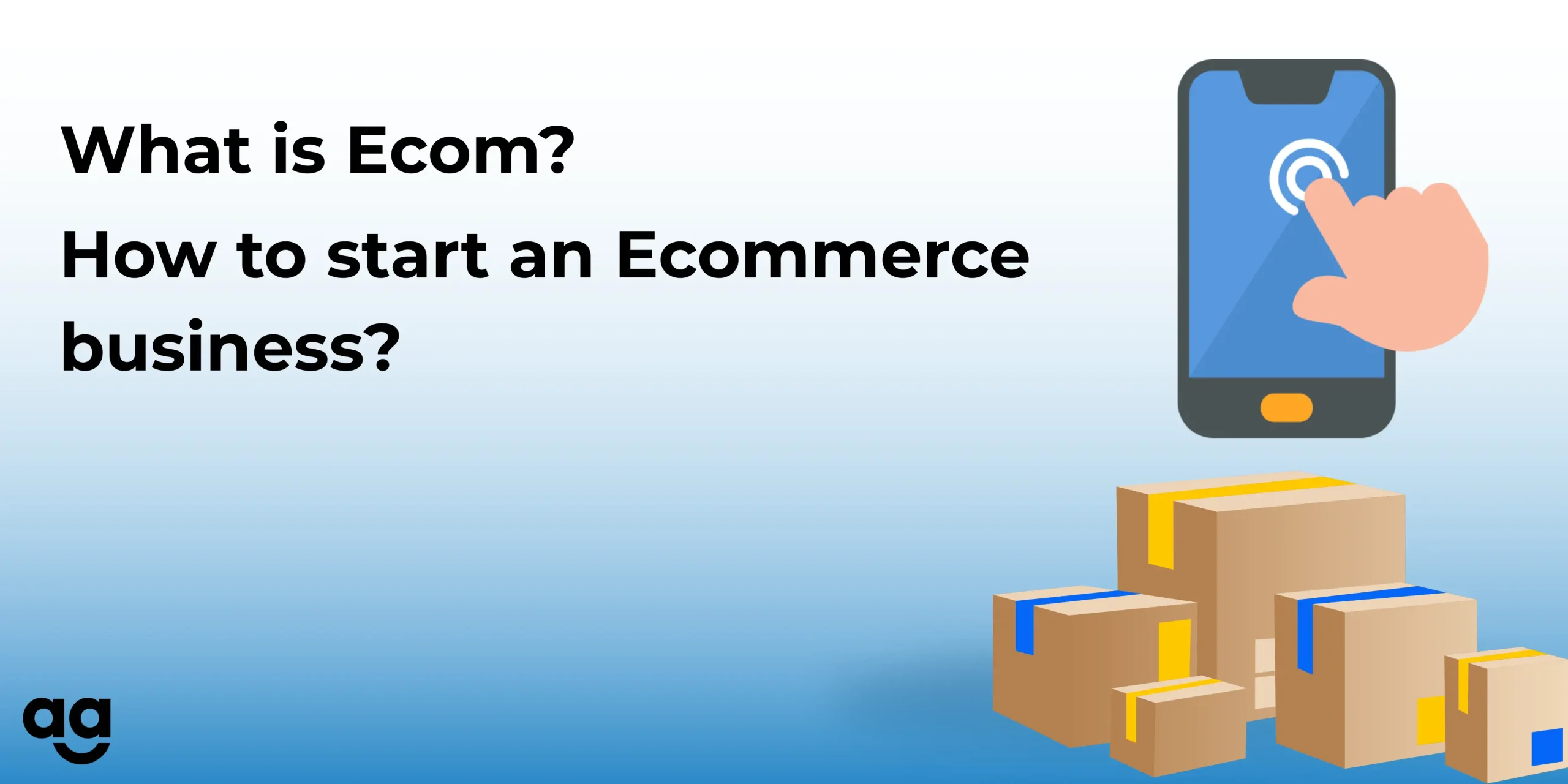
What is ecommerce?
First of all, what is the full form of ecomm?
E-commerce refers to electronic commerce, which essentially involves the buying and selling of goods or services online.
But it isn’t limited to just that.
With the advent of technology, it has evolved into more than just a process.
It’s the chain of technology, customer behaviour, and logistics efficiency.
What does ecommerce consist of?
Ecommerce is more about various aspects like:
1. Digital storefronts: This includes websites, marketplaces, and social commerce platforms where users purchase what they want.
2. Customer experience: Ecommerce boosts customer experience as it provides seamless payment options, fast delivery, easy returns, and real-time updates.
3. Marketing and sales channels: Promotion of products through marketing technologies like advertisements, social media channels, SEO and marketplaces.
4. Data & analytics: It involves tracking of customer behaviour, sales trends, deliveries, etc.
5. Product & inventory management: This activity includes organising, listing, and managing products efficiently.
6. Logistics and fulfilment: Everything that is needed, from shipping, packaging, to delivery, is taken care of in this whole process.
How to start an ecommerce business?
Thinking about starting your own business? Here’s a practical guide that could help you crack ecommerce easily:
1. The initial step: Identify your niche
The first step to clarity is always picking up a niche for your business.
It could be healthcare, eco-friendly products, or handicrafts. A clear niche can help you derive a perfect strategy and stand out in the market. For example, if you’re choosing eco-friendly products, your USP could be sustainable packaging or promoting environmental consciousness.
2. Establish a brand identity
It doesn’t end with a company name and a logo.
Always remember you’re presenting a story to your customers and you need to sell it.
Focus on visuals, messaging, storytelling, or values that sync with what customers actually want.
3. Choose appropriate sales channels
You decide where you want to sell.
It could be either marketplaces such as Amazon, Flipkart, et,c or you could always build your own website via Wix, Shopify or WooCommerce.
4. Look for a logistics partner that you can trust
In ecommerce, fast delivery is an essential facet. Partner with a logistics service provider that can manage shipments, RTOs, and inventory efficiently.
5. Give emphasis to customer experience
In the midst of all this, never forget about your customers.
Try to include more ease in your process. This includes easy payments, transparent tracking, customer support, hassle-free returns, etc.
6. Keep a track of the data and optimise
Ignore the data, and the next minute you are in a mess!
Look for sales trends, customer behaviour, and delivery performance. Analytics could help you decide your next move.
The final logistics touch!
You’re all set, but you just need a final and most important touch.
That’s logistics!
Shipyaari offers end-to-end ecommerce shipping, fulfilment, and seamless RTO management solutions. With Shipyaari, you do not have to worry about your products as they always reach to your customers on time.
All you need to do is focus on your business; we are here to deliver at the right doorstep!
Frequently Asked Questions
Yes, ecommerce can be highly profitable if approached strategically. With the right niche, marketing plan, and logistics partner, even small businesses can scale quickly. The key lies in understanding customer needs and maintaining consistent product quality and delivery speed.
Some of the main challenges include managing logistics, handling returns (RTOs), ensuring timely delivery, and maintaining customer trust. Partnering with a reliable logistics solution like Shipyaari helps reduce these challenges through efficient shipping and fulfilment services.
Small businesses can compete by focusing on personalisation, niche products, and exceptional customer experiences. Unlike large brands, SMEs can quickly adapt to customer feedback and build stronger community connections through authenticity and transparency.
Popular ecommerce niches include sustainable goods, fashion, beauty, gadgets, home decor, and health products. But the “best” product is one that meets real customer needs, solves a problem, and has consistent demand within your target audience.
Suggested Reads
Hyperlocal Personalization: Tailoring Experiences for Local Customers
Introduction The eCommerce industry in India has witnessed a rapid growth of hyperlocal services in
Continue ReadingDec






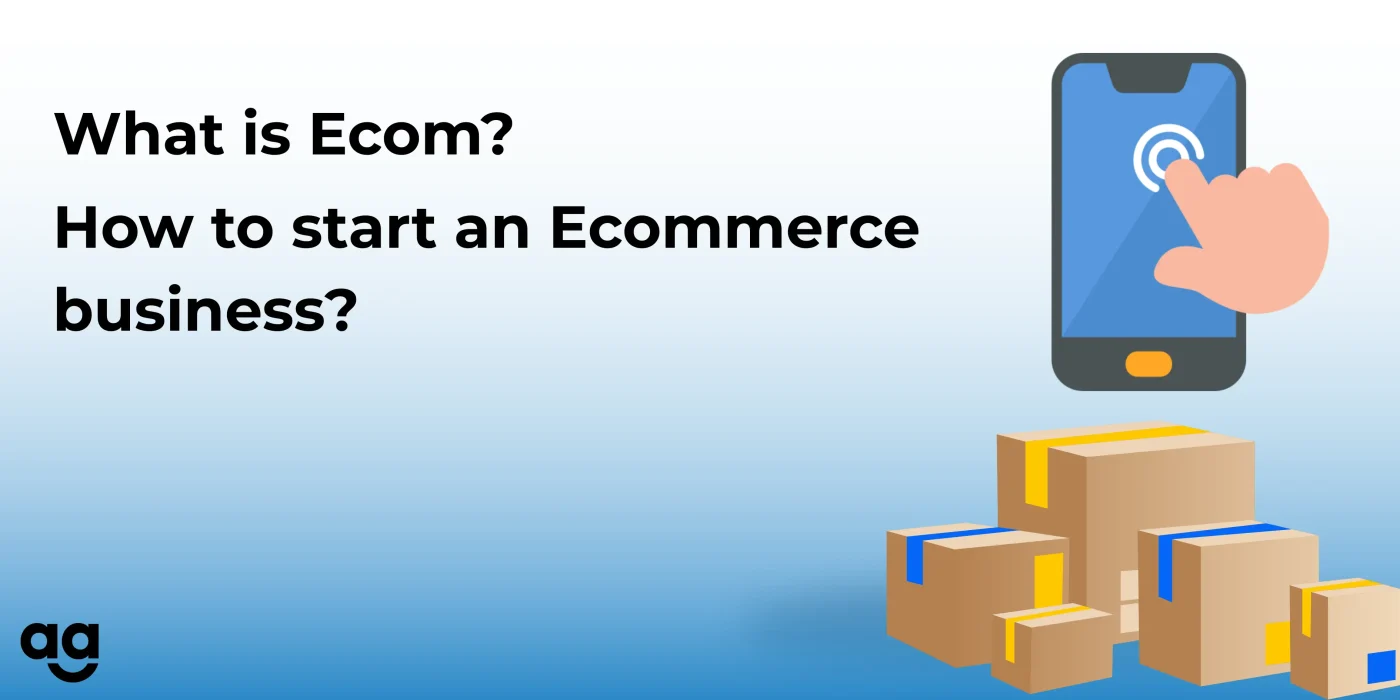



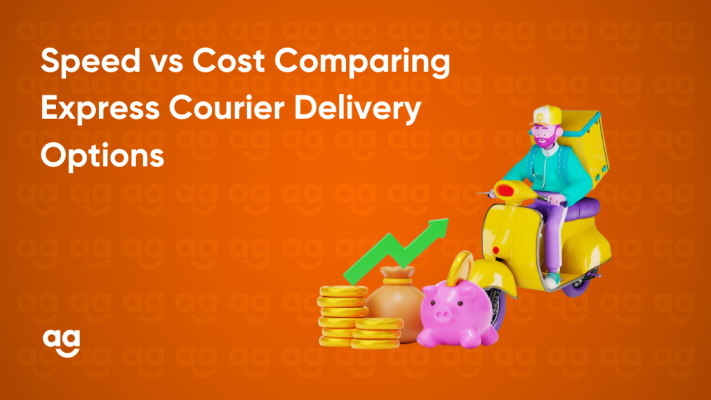
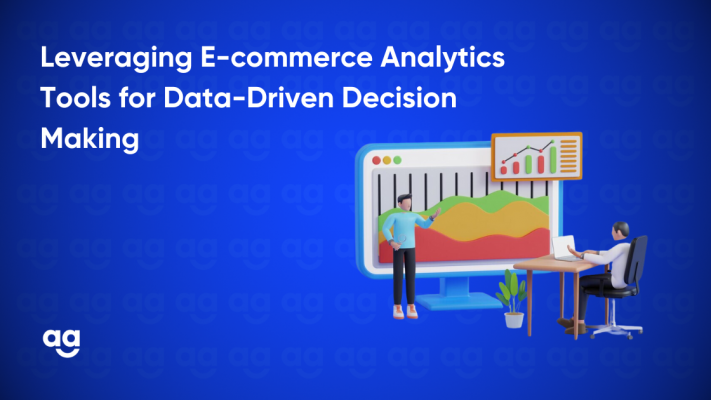
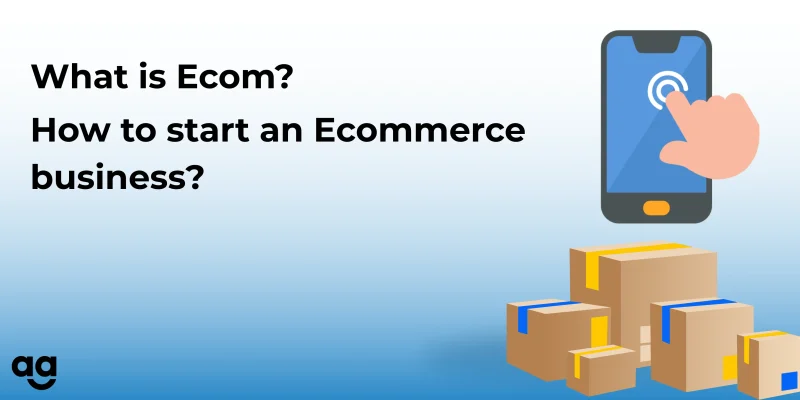
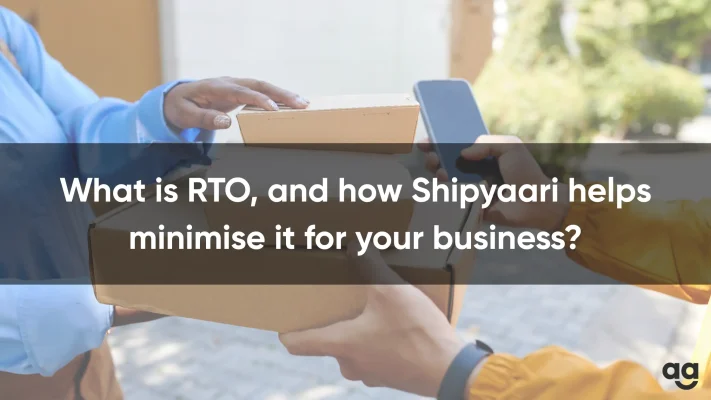
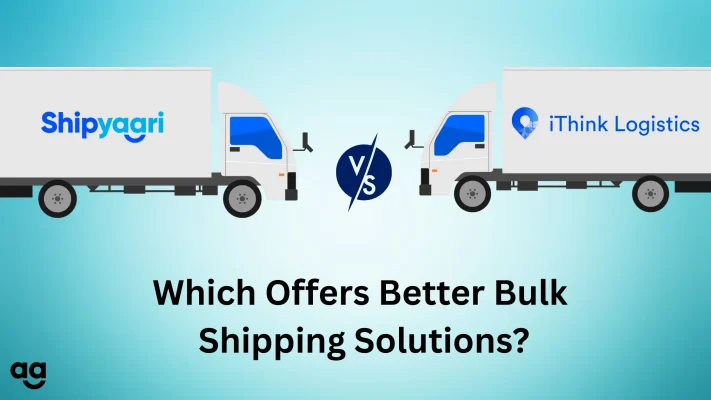

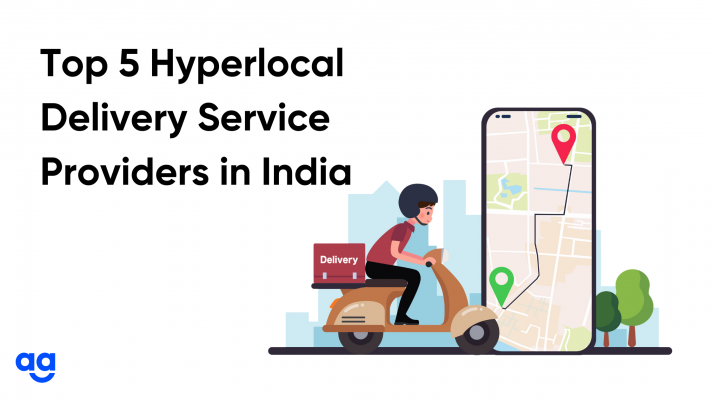
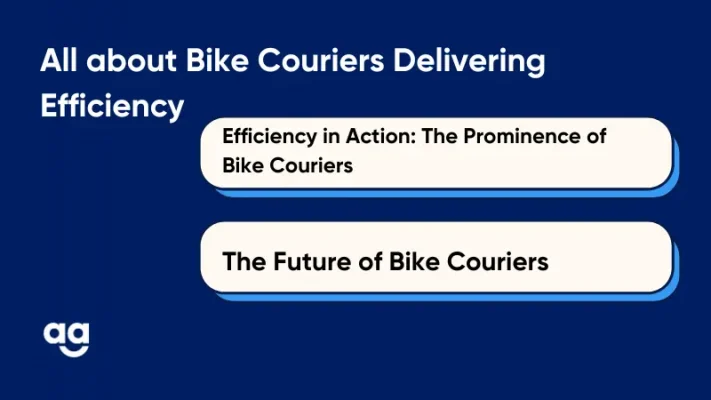
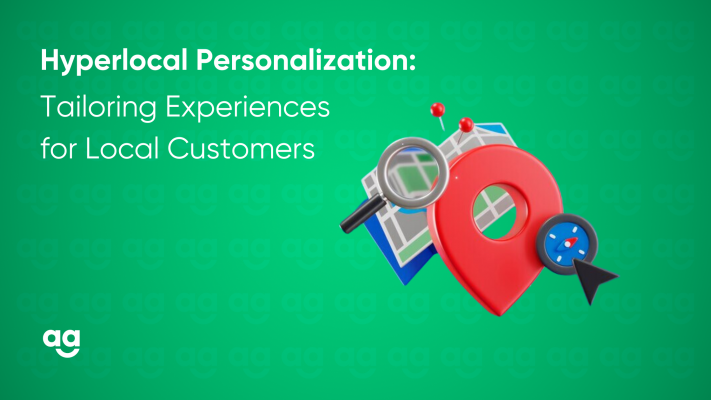
 Shipping
Shipping







